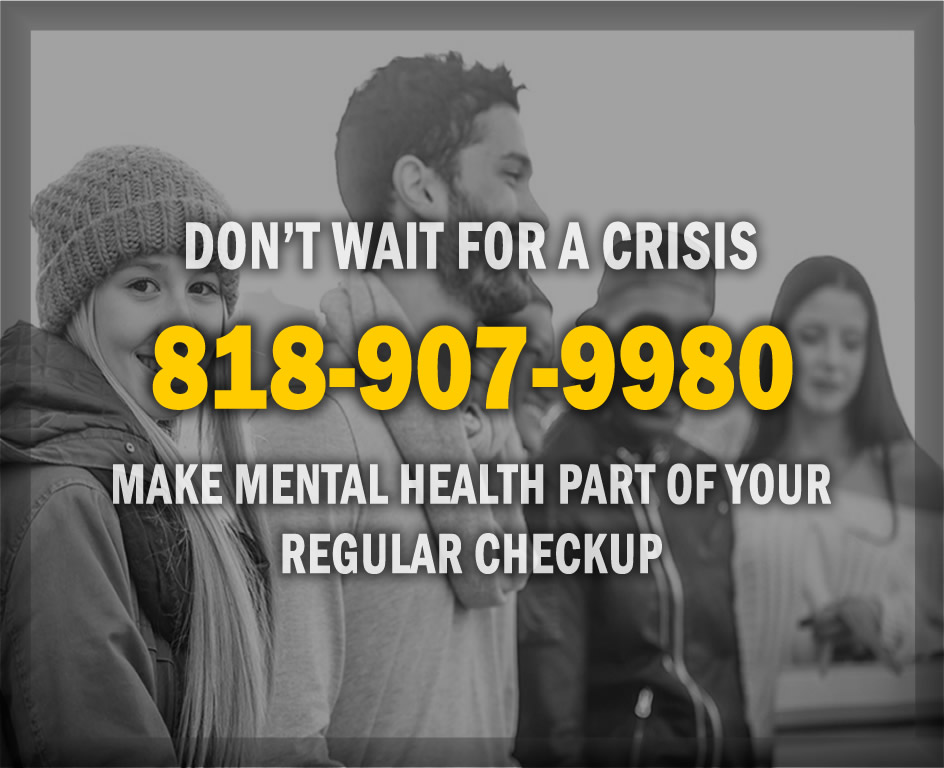How Do I Know If I Need Therapy?
A good friend asked how he would know if he needed therapy.
His father had died earlier that year and the holidays were coming up. He was feeling pretty sad but also found himself experiencing surges of anger every time he saw one of those “home-for-the-holidays” commercials on TV or online. He wanted to know if this was normal or if he needed help.
My friend’s experience was not only normal, it was predictable. Anger is a common emotion when grieving a significant loss. Most people who go through this stage of grief do so without needing the support of a therapist. However, my friend also told me that he was ashamed to share his feelings with anyone else and that he had started using marijuana and alcohol at night to help make the feelings stop. After talking for a while, he decided that working through his thoughts and feelings with a professional was a good idea. Together we called a counseling center near his house and he made an appointment for the next day.
Have you ever wondered if you would benefit from therapy?
All of us will, from time to time, experience intense feelings of sadness, worry, fear and anger. All of us will, from time to time, make a decision that is just bad – something that leads to regret and threatens something we hold dear (e.g. a job, a relationship, our education, etc.). Do all of us need to see a therapist every time one of these difficult emotions or bad choices trips us up? No, of course not. Most people will get through occasional setbacks just fine whether they get professional help or not.
But how do you know when this time is different – when this time you need someone to help guide you through the process of healing and recovery? There are two questions to be asked, the answers to which can help you decide if seeing a therapist is the right move.
First, how long have you been feeling or acting this way? Most of the time, intense emotions or risky behaviors will be limited in their duration. You may feel really afraid right after a car accident, but feelings such as these tend to subside as you return to your routines (or as new routines take their place). However, if the fear (or other intense emotion) stays with you for more than a month, there may be a need to talk about what you’re feeling. Similarly, if you keep repeating behaviors that cause regret in spite of your best efforts to stop, it is likely that you need some additional support.
Second, how is this feeling or behavior interfering with your life? There are three areas of functioning that therapists tend to look at: work/school, social life, and home/family. Are you able to keep up with your work/school responsibilities? Intense emotions can make it difficult to concentrate or interfere with a good night’s sleep. Lack of either can seriously disrupt your ability to function at work or in the classroom. Are you engaging socially and staying connected to your friends? Isolation is often a sign that feelings or behaviors are getting out of control. Are getting along with your family and is your home a safe place for you and all who live there? If one or more areas of your life is being negatively affected by your feelings or behaviors then you may want to work someone trained to help.
Length of time and impact on functioning. These two criteria tend to separate the highs and lows of life from the problems that need some extra attention. Is there something, some emotion or action that has been going on for too long? Does it interfere with your ability to live the life you want? If you answered yes to either, then therapy might be a very good choice. If you answered yes to both…then make the call.
If you or a loved is struggling and need help, call the David H. Fox Counseling Center at 818-386-5694.
If you are experiencing a life threatening emergency, call 911.


